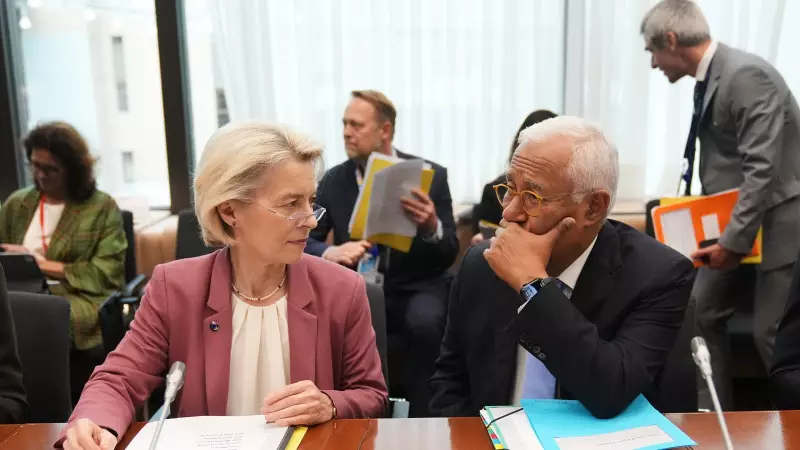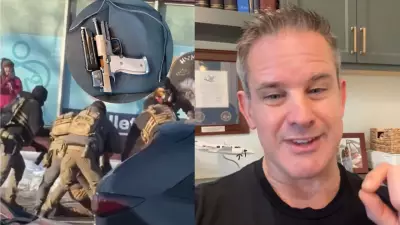
In a landmark decision that could reshape the financial battlefield of the Ukraine conflict, European Union leaders have unveiled a powerful dual strategy during their recent summit. The bloc is not only preparing fresh sanctions against Moscow but has taken the unprecedented step of planning to use frozen Russian assets to aid Ukraine's reconstruction efforts.
Turning Moscow's Wealth into Kyiv's Lifeline
The EU's bold move represents a significant escalation in the economic war against Russia. After months of deliberation, leaders have agreed on a framework that would channel the substantial profits generated from frozen Russian central bank assets – estimated to be billions of euros – directly toward helping Ukraine rebuild its shattered infrastructure and economy.
The Financial Mechanics Behind the Plan
The strategy focuses on the approximately €200 billion in Russian central bank assets frozen by EU countries following Moscow's invasion of Ukraine. Rather than simply holding these assets, the EU now plans to utilize the interest and investment income they generate, creating a sustainable funding stream for Ukrainian recovery without technically seizing the principal amounts.
New Sanctions Package Tightens the Noose
Simultaneously, EU members have greenlit another comprehensive sanctions package targeting Russia's war machine. The new measures are designed to:
- Close existing loopholes in previous sanction regimes
- Target additional Russian officials and entities supporting the war effort
- Further restrict Russia's access to military technology and dual-use goods
- Increase pressure on countries and companies circumventing existing sanctions
Legal and Diplomatic Considerations
The decision to use frozen Russian assets didn't come easily. EU legal experts have spent months navigating complex international law questions and concerns from some member states about potential precedents. The compromise solution of using profits rather than principal amounts represents a carefully balanced approach that maintains legal integrity while delivering tangible support to Ukraine.
Global Implications and Russian Response
This move sets a significant precedent in international relations and economic warfare. Moscow has already condemned the plan as "theft" and promised retaliatory measures, but EU leaders remain steadfast in their commitment to making Russia pay for Ukraine's reconstruction.
The decision comes at a critical juncture in the conflict, as Ukraine prepares for what could be a decisive phase in the war. By converting frozen Russian assets into reconstruction funding, the EU is sending a clear message: the economic consequences of Russia's aggression will directly contribute to Ukraine's recovery and resilience.





